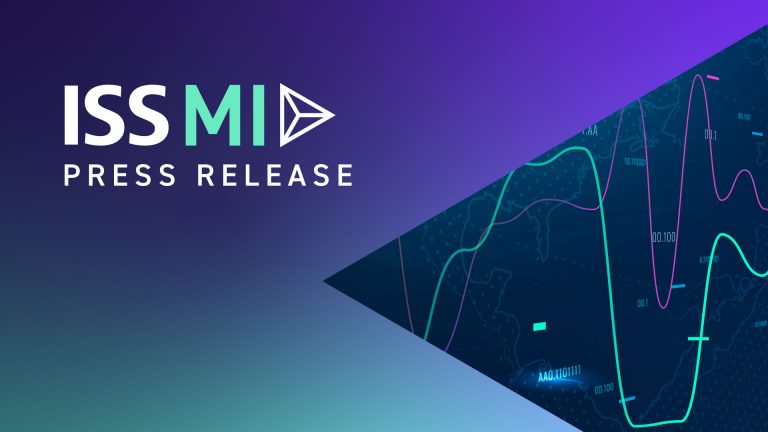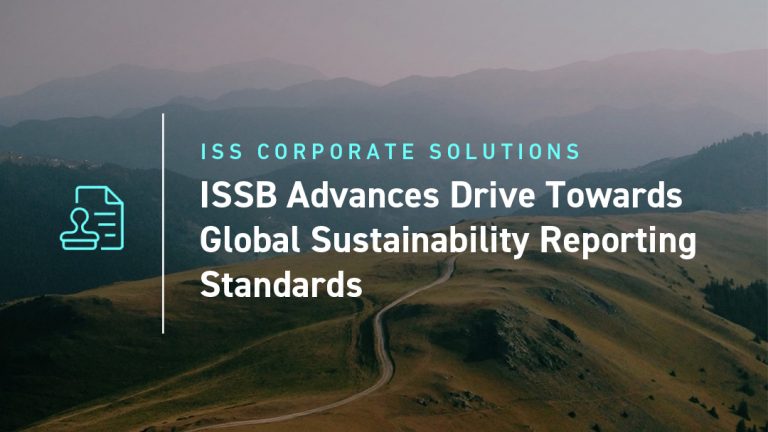Below is an excerpt from ISS-Corporate’s recently released paper “Sustainability Disclosures in Asia-Pacific: Accelerated Transition to New Standards.” The full paper is available for download from the ISS-Corporate online library.
Companies across the globe are preparing for a momentous transition in their sustainability reporting to incorporate a raft of new international standards. In the Asia-Pacific region, companies and regulators in Singapore, Taiwan and South Korea are moving quickly to align themselves with the new rules ahead of their formal implementation. Financial centers such as Hong Kong, Japan and Singapore are proactively driving formal adoption of the disclosure rules developed by the ISSB, targeting fiscal years 2025 and 2026. At the same time, India and China are charting their own paths on sustainability disclosures.
The new frameworks include the European Sustainability Reporting Standards (ESRS) under the EU’s Corporate Sustainability Reporting Directive (CSRD) and the standards developed by the International Sustainability Standards Board (ISSB) under the auspices of the International Financial Reporting Standards (IFRS).
ISS-Corporate reviewed the level of alignment of corporate disclosures in major Asia-Pacific markets with established frameworks – the Global Reporting Initiative (GRI), the Sustainability Accounting Standards Board standards, and the Taskforce on Climate-related Financial Disclosures (TCFD) recommendations – to identify which countries and sectors are better prepared to meet the more ambitious requirements of CSRD and the IFRS Sustainability Disclosure Standards.
The CSRD reporting requirements apply initially to subsidiaries of non-EU companies, and from fiscal year 2028 to parent organizations with turnover in the European Union above specific thresholds. From fiscal year 2024, large subsidiaries of non-EU companies – including many Asian-Pacific companies – will be required to disclose sustainability matters under the CSRD. Seeking to achieve efficiency and consistency in sustainability reporting, some companies are choosing to prepare for voluntary disclosures under the EU rules ahead of the date for mandatory disclosure by non-EU parent companies in fiscal year 2028.
KEY TAKEAWAYS:
- Some markets are better prepared: Singapore, South Korea, and Taiwan will benefit from high TCFD, GRI and SASB adoption rates among companies.
- Size matters, but certain sectors show greater progress: The Financials, Materials and Real Estate sectors show high GRI and SASB adoption rates, but company size remains the main driving factor for standards adoption.
- SASB standards are going global: While the SASB standards were originally conceived as a U.S.-centric framework, they are now part of the global IFRS SDS. Low SASB adoption across Asia, bar Taiwan and South Korea, leaves companies ill-prepared to disclose under IFRS Sustainability Disclosure Standards. The IFRS S1 standard references SASB’s sector-specific standards and metrics pending the development of sector specific requirements under IFRS.
READ THE FULL PAPER:
By:
Ingo Tietboehl, Associate Vice President, Senior ESG Advisor, ISS-Corporate



